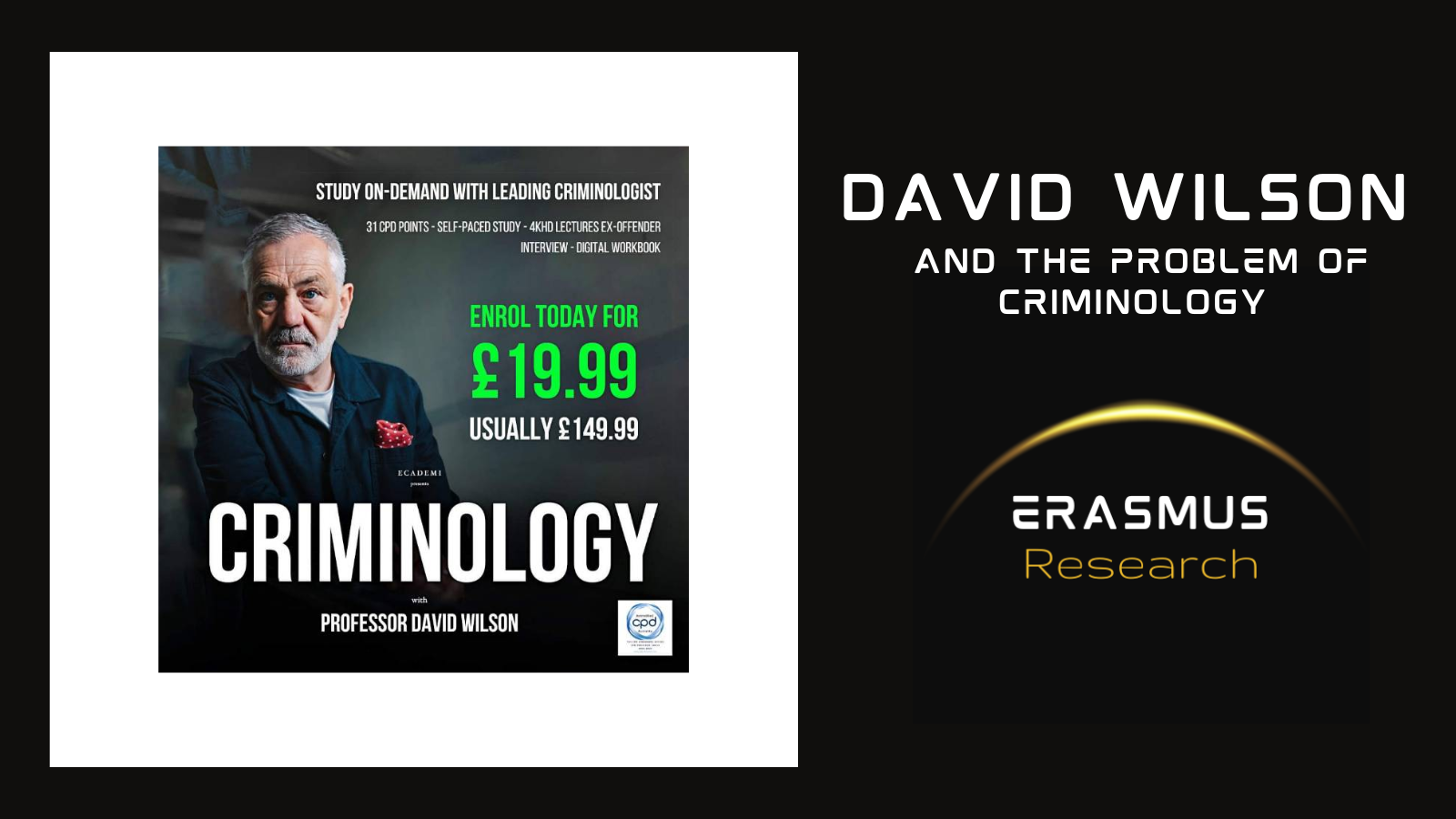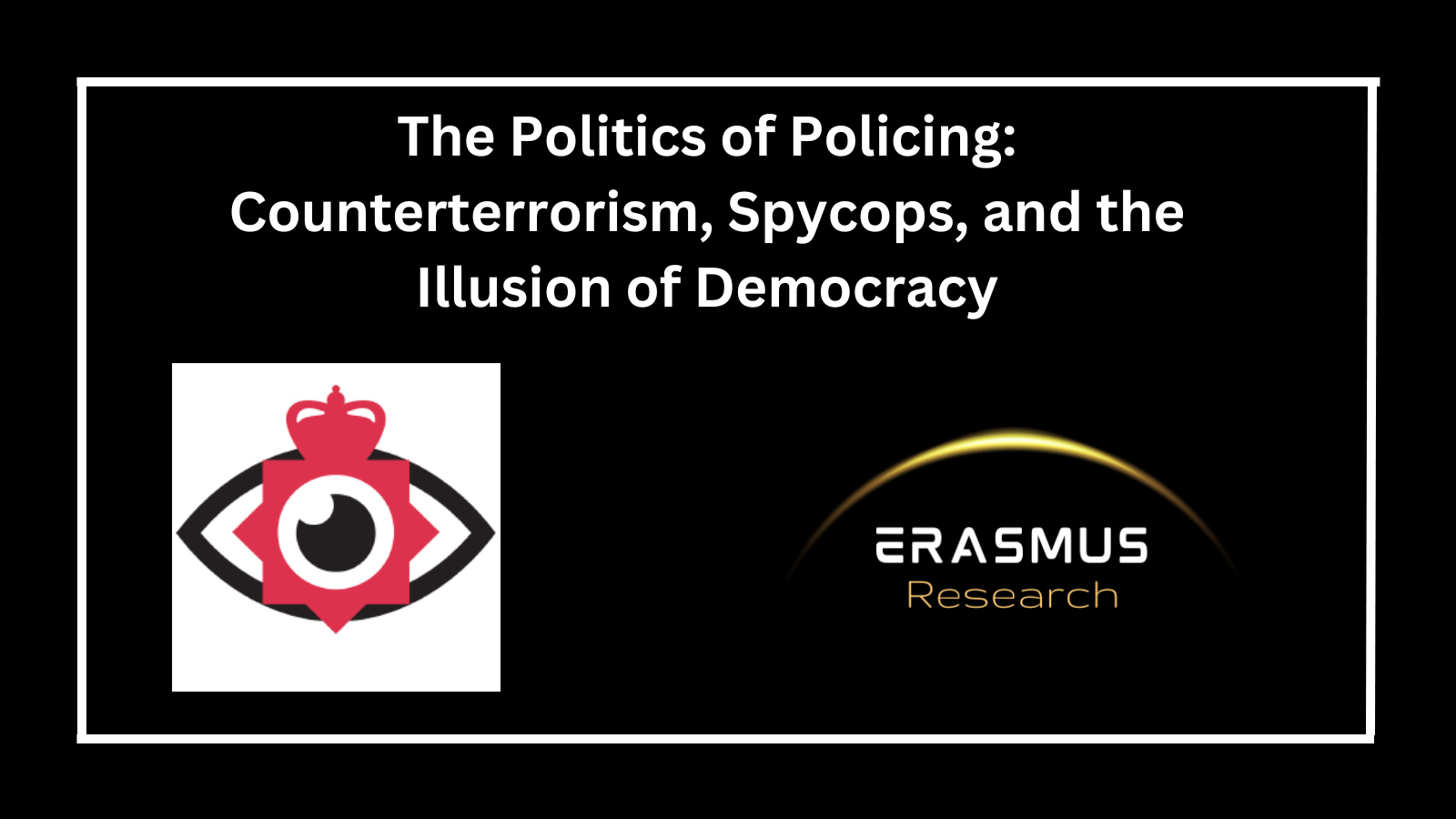Recently, George Monbiot expressed frustration over the BBC’s failure to question capitalism, arguing that this allows space for harmful far-right narratives. Instead of scrutinising the economic system’s role in society’s problems, these narratives target marginalised groups—immigrants, the poor, single mothers, and Muslims. Monbiot calls for a debate to challenge the orthodoxy of capitalism and explore alternatives. However, Monbiot’s plea overlooks a deeper issue: institutions like the BBC are not neutral spaces for open debate. As philosopher Michel Foucault explored extensively, institutions are central to the production and regulation of knowledge, reinforcing power structures rather than challenging them. The BBC’s refusal to interrogate capitalism is not an oversight; it reflects the way power operates through discourse to uphold existing social and economic systems.
Foucault’s Concept of Power and Knowledge
Foucault’s work on power is crucial to understanding why institutions like the BBC do not question capitalism. Unlike traditional views that see power as something wielded from the top down, Foucault saw power as diffused throughout society, operating through networks of relationships and institutions. Crucially, power is closely linked to knowledge: those who control knowledge—who determine what is true, normal, or acceptable—exercise power. Discourses, or systems of knowledge, define what can be spoken about and what must be left unsaid.
In this light, the BBC’s refusal to interrogate capitalism is not simply a matter of editorial decision-making. Rather, it reflects how discourse about economics and politics is structured to uphold capitalism as the unquestioned norm. This discourse is not neutral but is shaped by power relations that benefit the elites who hold economic and political power. The dominant discourse presents capitalism not just as an economic system but as an inevitable and natural one, limiting the space for alternative ideas.
Capitalism as a Regime of Truth
For Foucault, every society has what he called a regime of truth—a set of discourses and institutions that determine what is accepted as truth at any given moment. In contemporary society, capitalism operates as such a regime. It is upheld as the only viable system, despite its flaws, and its alternatives are entirely omitted from mainstream discourse. The BBC, as a key institution in the production and dissemination of knowledge, plays a role in reproducing this regime of truth. By failing to question capitalism, the BBC maintains the hegemony of neoliberalism, reinforcing the idea that the economic system is beyond reproach.
This isn’t simply because the BBC is actively promoting capitalism; rather, it is a reflection of the broader power-knowledge nexus that Foucault described. Institutions like the BBC are part of a network of power relations that sustain capitalism. The types of knowledge they produce—what they air, who they invite to speak, and what issues they prioritise—are shaped by these relations, whether or not it is intentional.
How Power Operates Through Discourse: Exclusion and Normalisation
Foucault’s concept of exclusion is essential for understanding how discourse shapes public debate. Some ideas are excluded from conversation because they are deemed outside the bounds of what is considered “reasonable” or “normal.” When it comes to capitalism, any serious critique of the system is often excluded or dismissed as unrealistic or radical. By controlling what can be discussed, the BBC helps to normalise capitalism while excluding alternatives, such as socialism, participatory economics, or degrowth.
This process of exclusion happens subtly, through the rules of discourse that define what is “common sense.” The discourse of capitalism as natural and inevitable has become so normalized that it is difficult to think outside of it. As Foucault would argue, power operates not just through overt coercion but through the internalisation of norms. The BBC, by failing to question capitalism, helps to reinforce these norms, making it appear as though the current system is the only possible one.
Moreover, power operates through the production of “experts” who are seen as the legitimate voices on economic matters. When the BBC airs debates about the economy, it typically invites economists, business leaders, and politicians who are successful because they operate within the very logic of capitalism. This creates a narrow field of debate, where the fundamental assumptions of the system are never questioned. Alternative voices—those who might challenge the very foundations of capitalism—are marginalised or absent, further entrenching the dominant discourse. One need only think about the BBC’s Question Time, to fully understand how the panel and audience selection process can create a very particular discourse that does not necessarily represent that of the country, region or indeed town hosting the show.
Why the BBC Cannot Lead a Debate on Capitalism
Monbiot’s call for the BBC to lead a debate on capitalism overlooks the extent to which the BBC is embedded in the very power structures it would need to challenge. For Foucault, institutions are not neutral spaces for open debate; they are part of the apparatus that produces and regulates knowledge. The BBC, as an arm of the state, is tasked with maintaining social order, not disrupting it. Its role is to manage discourse in ways that reinforce the existing regime of truth, rather than opening up space for radical alternatives.
The institution’s function within the broader network of power relations ensures that any debate on capitalism will be limited to surface-level critiques, rather than challenging the system’s fundamental assumptions. As Pierre Bourdieu, a contemporary of Foucault said in his seminal work Distinction – “Liberals always look for a political bias in the refusal to grant the submission implied in the tacit acceptance of the commonplaces of the dominant political discourse.” As long as capitalism remains the dominant discourse, alternatives will be excluded from mainstream conversation, and institutions like the BBC will continue to reproduce the status quo.
Conclusion: The BBC as a Tool of Power
Foucault’s analysis of power and discourse offers a valuable lens for understanding why the BBC does not question capitalism. Power operates through the production of knowledge, and institutions like the BBC are central to this process. By shaping what can and cannot be discussed, the BBC helps to maintain capitalism as the unquestioned norm. Monbiot’s call for a debate on capitalism is unlikely to succeed because the institution is part of the very apparatus that reproduces capitalist power.
In Foucault’s view, real change comes not from within state institutions but from outside the established order, through resistance and the creation of alternative discourses. As long as capitalism remains the dominant regime of truth, institutions like the BBC will continue to play their part in sustaining the system, rather than challenging it.







